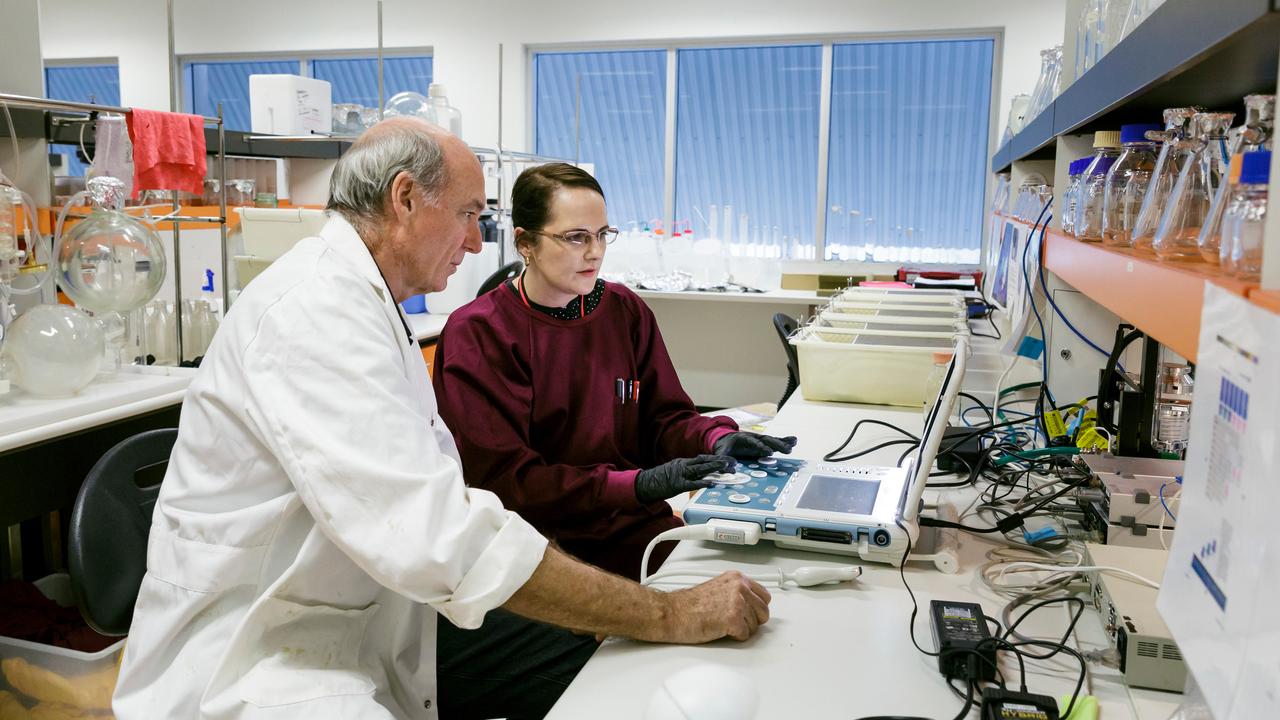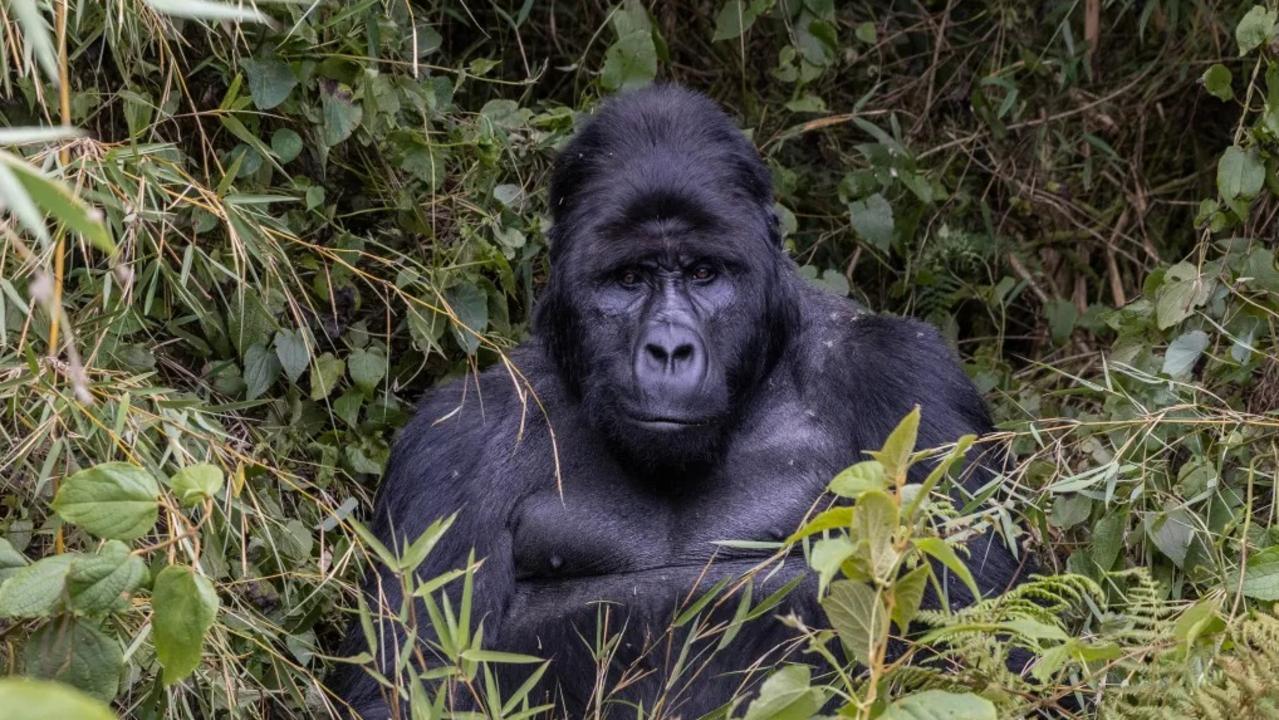Negative coronavirus antibody test hits jab duration
The earliest suspected cases of COVID-19 detected in Wuhan no longer have antibodies, the lead investigator of the World Health Organisation mission to China has revealed.

The earliest suspected cases of COVID-19 detected in Wuhan no longer have antibodies, the lead investigator of the World Health Organisation mission to China has revealed, indicating that a year after contracting the virus they no longer had immunity.
In another announcement — divulged in the same interview with American broadcaster CNN — Peter Ben Embarek said the group found 13 different genetic sequences of the coronavirus in December 2019, indicating that COVID-19 was percolating in China well before it was first detected.
During the 28-day trip, Chinese scientists gave the investigators analysis of 92 suspected COVID-19 cases from October and November 2019.
In January this year, all of the cases who agreed to be tested returned negative antibody results, indicating that a year after contracting the virus, they may no longer have immunity.
The cases were not confirmed by PCR test, but were suspected to have contracted the virus in the early weeks of the pandemic.
“It’s not all that surprising, but it’s definitely not good,” Pro-Vice Chancellor for Health Sciences at Murdoch University Jeremy Nicholson told The Australian.
“It implies that part of our immunity may not be persistent for very long.”
A study conducted in June last year by The Kings College London showed that the antibodies may dissipate as early as three months after the virus is contracted. Now, with the earliest suspected cases of COVID-19 testing negative for antibodies a year on, Professor Nicholson said the greatest concern would be for the longevity of the vaccine.
COVID-19 vaccines are designed to simulate the virus, so the immune system can create antibodies to fight it.
“If the real virus only produces an immune reaction for a year, then the problem it raises is that the vaccine may only be effective for a year,” Professor Nicholson said.
As up to 95 per cent of all successful vaccines rely on antibody production, the determination of when antibodies disintegrate is necessary to understand how frequently boosters need to be applied.
Dr Embarek said the virus was “circulating widely” in Wuhan in December 2019, and revealed 13 different strains were present at that time.
While he declined to draw conclusions about what the new strains meant for the history of the disease prior to December, experts say it is “very suggestive” that the virus had been infiltrating Wuhan for longer than initially thought.
“It definitely indicates that the virus had been around in the months before December,” Dr Kristy Short, a virologist from the University of Queensland, said.
“This new information is very suggestive that the virus had been around for quite some time.”
Dr Short also said the new information helped to verify hypotheses that the Huanan seafood market wasn’t the source of the first case, but simply a cluster of cases later down the track.
The WHO is yet to release the full report of their investigation.




To join the conversation, please log in. Don't have an account? Register
Join the conversation, you are commenting as Logout